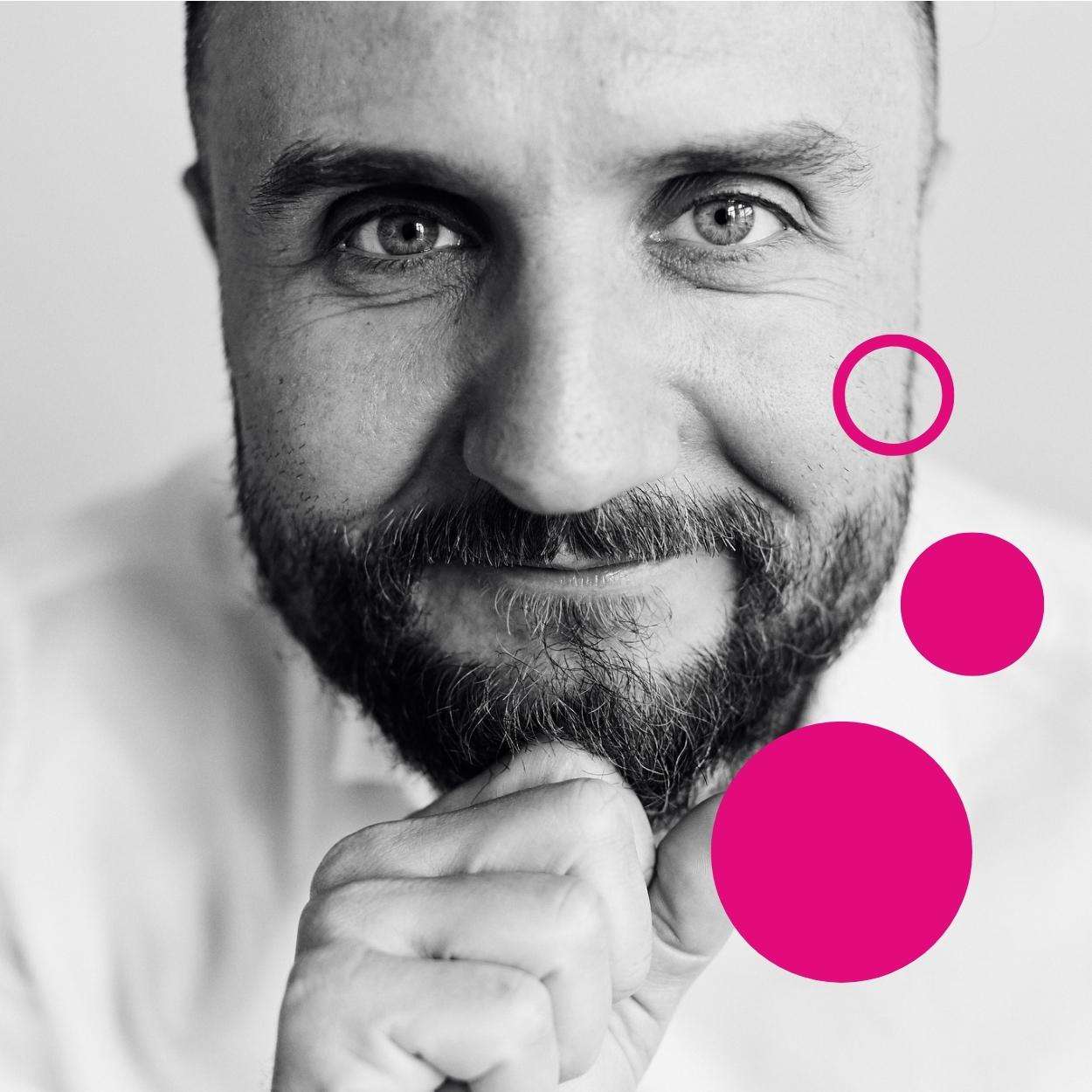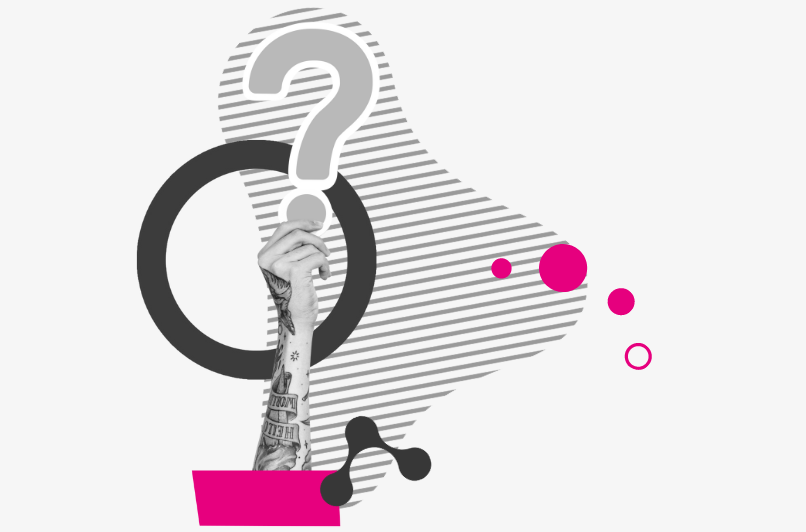More than ever before, each of us has the ability to publish whatever we want, whenever we want, in widely accessible media (like social media). We are flooded with information from all sides—so much so that we absorb only a small fraction of it. Almost automatically, we filter out anything we deem unimportant at the moment.
This has become one of the foundations of content marketing. Customers don’t want simple sales pitches (or at least not only that). They expect added value—opinions, knowledge, or an experience. Something that shows the content is not only worth reading but worth remembering.
These rules apply just as much to more traditional forms of communication. Quantity almost never equals quality, and regularity doesn’t always translate to substance.
There are many examples of this:
- Cyclical newsletters about nothing,
- Display campaigns (online banners) in remarketing without frequency capping,
- Publishing 10 social media posts per day.
All of these cause people to activate their defense mechanisms. We stop reading such newsletters, ignore the banners (or activate Adblock), and overlook new Facebook posts—even if they are promoted.
This is why it’s essential to consider:
- When we publish, so our message doesn’t drown in a sea of others,
- Whether the scale of communication matches the message,
- Whether we have something important to say.
If the answer to the last question is yes, you’ve already won half the battle. The next step is deciding when to publish, and this is not always straightforward. Paradoxically, sometimes late-night posts receive far better engagement than daytime ones, which either get lost in a flood of content or miss the audience because they’re too busy with work. As with any campaign, knowing your audience is key—it will help determine when to share your message for maximum impact. The scale of communication should also be appropriate to what’s being said. Don’t pour large amounts of money into campaigns when it’s unnecessary; often, a smaller but better-targeted reach will yield better results and allow you to save resources for a bigger announcement.
If the answer to that last question is no… well, at least make sure what you’re saying is original 😉

O AUTORZE
Piotr Rocławski
CEO
Prezes Zarządu, głównodowodzący i założyciel Yetiz. Absolwent Politechniki Gdańskiej, uczestnik wielu szkoleń i seminariów. Od lat pochłonięty marketingiem i sprzedażą w Internecie. Działa sprawnie i skutecznie, mówi szybko, a myśli jeszcze szybciej.

